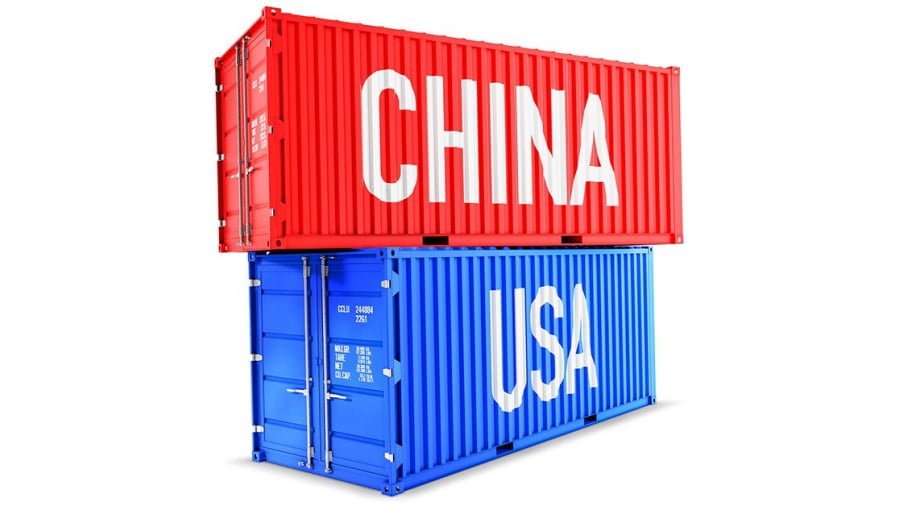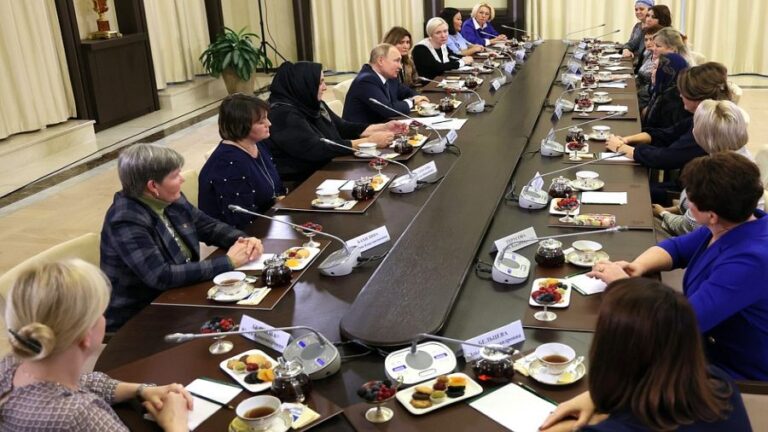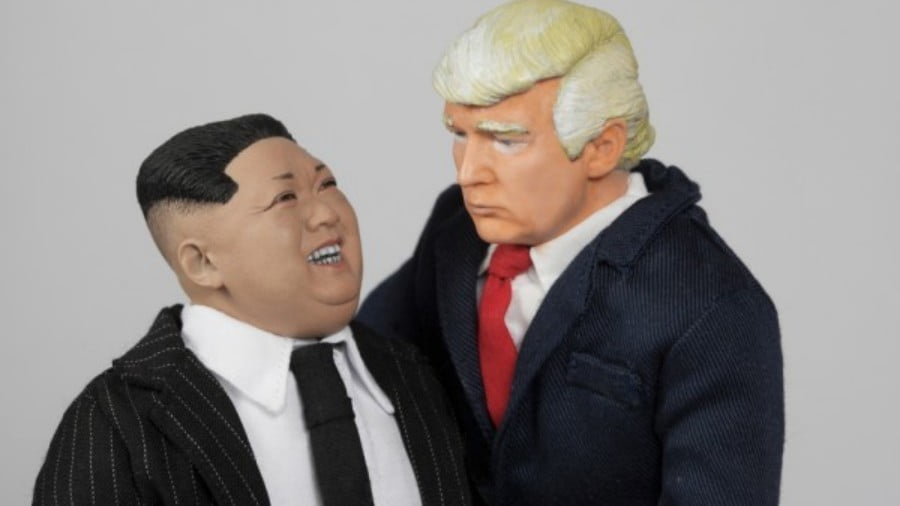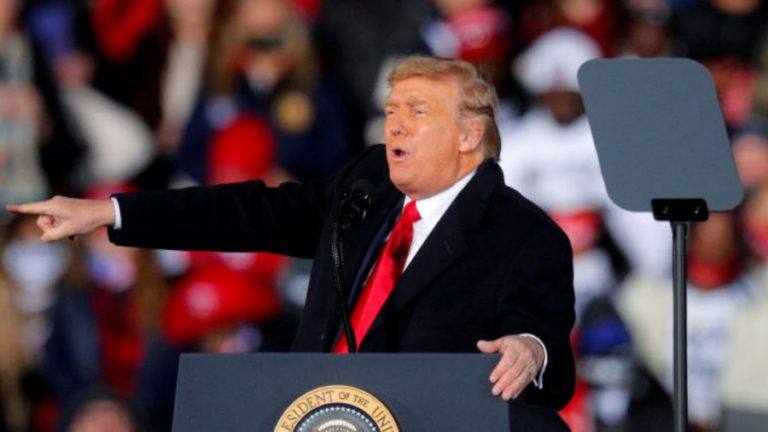US Trade War with China Back On?
In early April, the Trump regime appeared heading toward trade war with China – a scheme aiming to harm Beijing economically, unrelated to producing more domestic jobs if pursued.
Fewer imports from China would increase them from other low-wage countries. US manufacturing jobs created are increasingly performed by robots in many cases.
Beijing wants cooperative political, economic and trade relations with Washington, unwilling to compromise its growth strategy.
Following May 17 and 18 trade talks in Washington, China expressed willingness to “significantly increase purchases of United States goods and services (to) help support growth and employment in the United States.”
At the same time, lead Beijing trade negotiator/Vice Premier Liu said it’ll take time to resolve differences between both countries. In 2017, China’s trade surplus with America was a record-high $375 billion.
Beijing agreed to increase purchases of US agricultural and energy products – details to be discussed in future talks.
Trade is reciprocal. China wants access to US high-tech products, a sticking point in bilateral relations, certain US products off-limits to Chinese buyers. Beijing wants this policy ended.
Both countries agreed to avoid a trade war. Washington proved countless times it can never be trusted, its promises most often proving hollow.
US-initiated trade war may be back on again. According to China’s Global Times (GT),
“(t)he Trump administration said on Tuesday that it would proceed with plans to impose a series of punitive trade-related measures aimed at China next month,” adding:
“The statement said the US would levy 25 percent tariffs on $50 billion in imported Chinese goods, and will target items ‘containing industrially significant technology’ related to the ‘Made in China 2025’ program. The new tariffs will be announced June 15.”
The Trump regime also said it’ll restrict Chinese investment in America, along with limiting access to US technology by its companies and investors – restrictions to be announced June 30.
China responded to Trump’s about face, Foreign Ministry spokeswoman Hua Chunying sharply saying
“(w)e urge the United States to keep its promise,” adding:
“When it comes to international relations, every time a country does an about face and contradicts itself, it’s another blow to, and a squandering of, its reputation.”
On Wednesday, US officials arrived in Beijing for more trade talks. China vowed to retaliate in kind if Trump follows through on his threat, GT warning Trump’s “trade renege could leave Washington dancing with itself.”
China is an economic powerhouse, a US strategic political, economic and military rival.
Along with possible US-initiated trade war, sanctions war could follow much like Washington’s policy against Russia – the unacceptable way it treats other sovereign independent states.
Separately, the Trump regime imposed tariffs on EU, Canadian and Mexican steel and aluminum – 25% on former products, 10% on latter ones, effective midnight May 31.
Commerce Secretary Wilbur Ross announced them, saying
“(w)e look forward to continued negotiations, both with Canada and Mexico on the one hand, and with the European Commission on the other hand, because there are other issues that we also need to get resolved.”
Brussels pledged to retaliate with 25% tariffs on US motorcycles, jeans, cigarettes, bourbon whiskey, cranberry juice, peanut butter, and possibly other products.
Mexico said it’ll impose tariffs on US pork bellies, blueberries, apples, grapes, cheese products, various types of steel, and perhaps other products. Canada said it’ll “respond appropriately to defend jobs.”
Earlier, European Council President Donald Tusk said
Trump “made us realize that if you need a helping hand, (you’ll only) find one at the end of your arm” in dealing with his administration, adding:
“…Europe should be grateful for President Trump because thanks to him we have got rid of all illusions.”
European Commission president Jean-Claude Juncker called Trump’s action “a bad day for world trade,” saying
“counter-balancing measures (will be announced) in the coming hours.”
Trade wars are hugely counterproductive, assuring losers, not winners.
It’s unclear how things will develop in the weeks and months ahead – especially for the world economy if things go too far.







